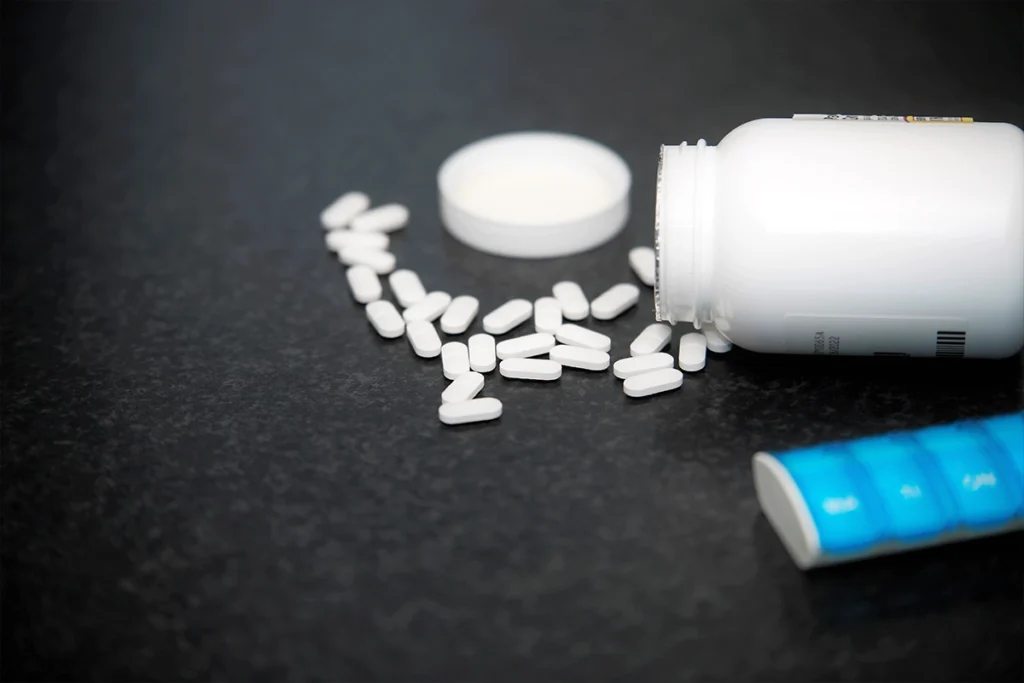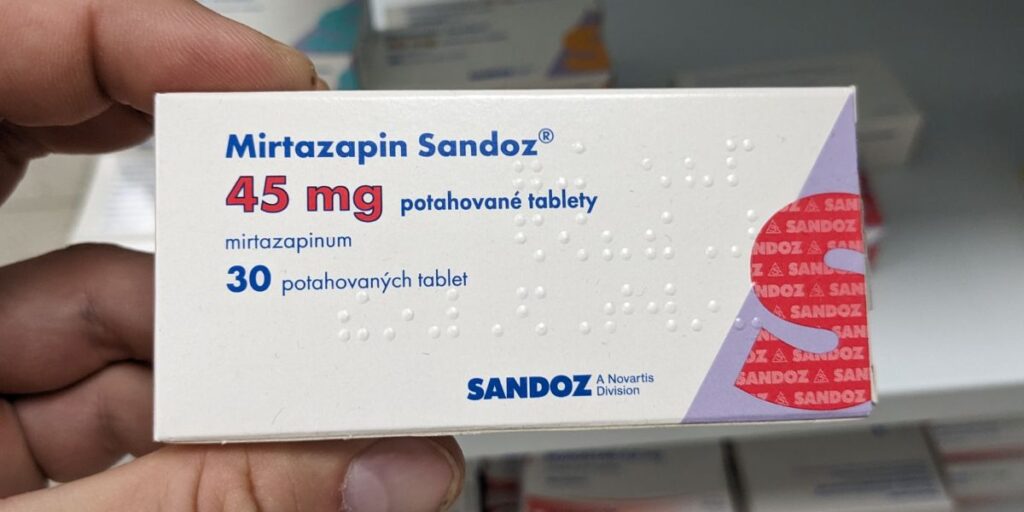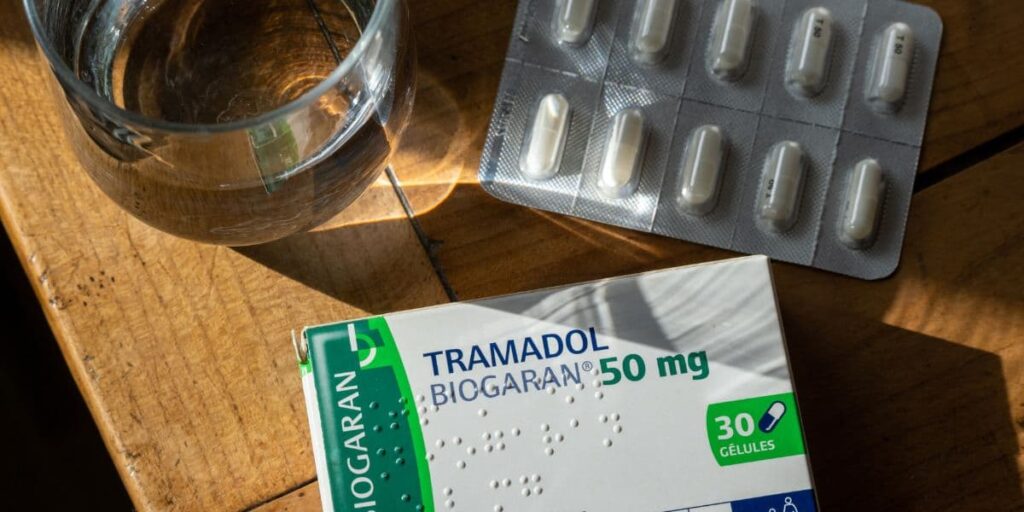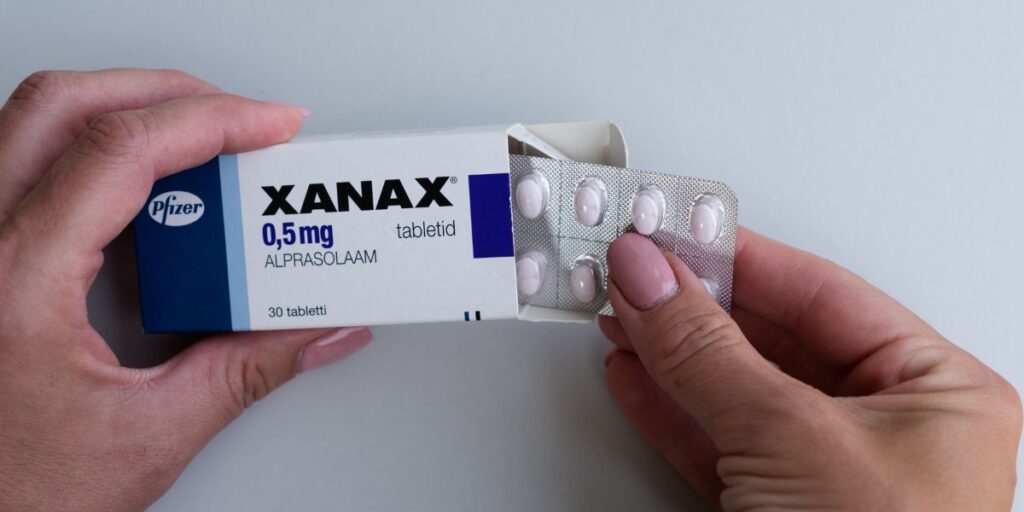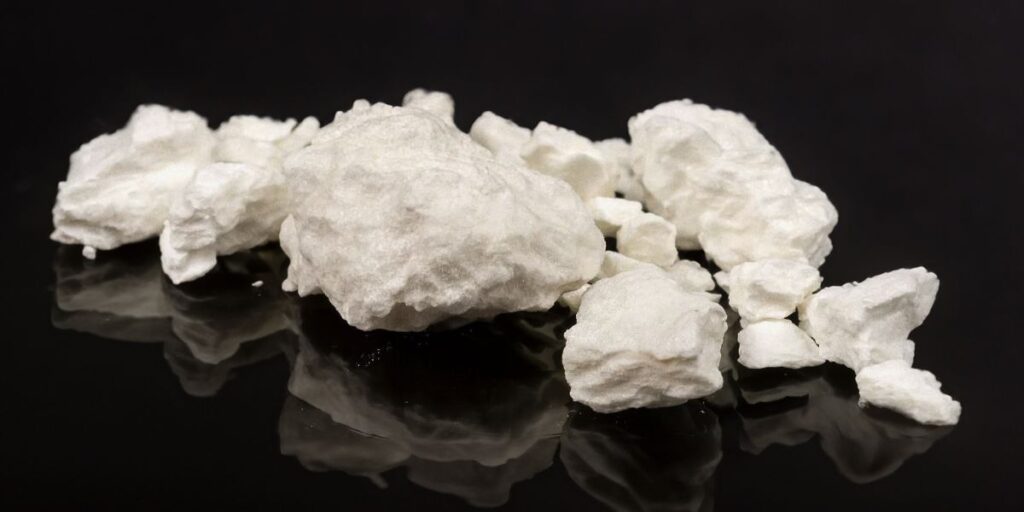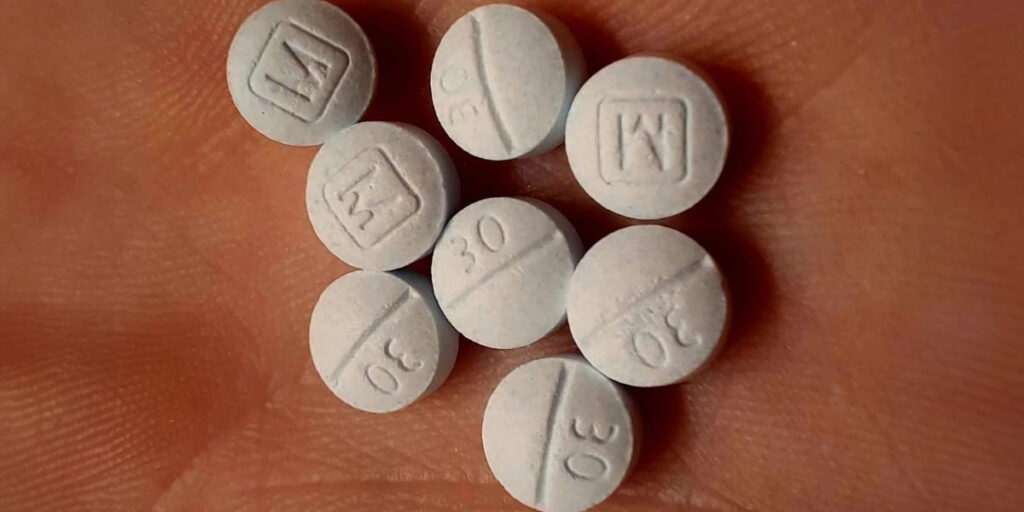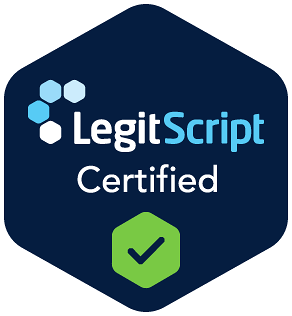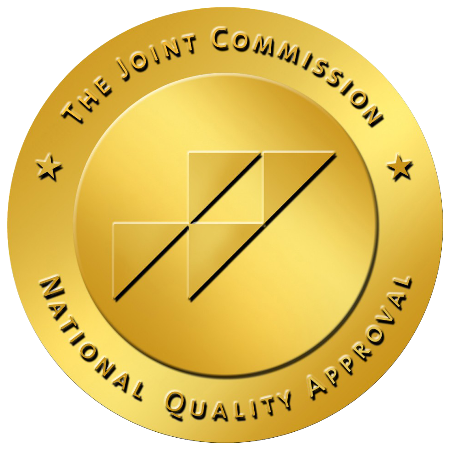Mixing alcohol and prescription drugs is a dangerous practice that can lead to serious health complications. Despite warnings from healthcare professionals, many people underestimate the risks associated with combining alcohol with their medications. This combination can result in severe side effects, dangerous interactions, and even death.
What Happens When You Mix Alcohol and Prescription Drugs?
Mixing alcohol with prescription drugs can have various effects. These effects depend on the type of medication, the amount of alcohol consumed, and the person’s health. Alcohol interacts with a wide range of prescription and over-the-counter medications, potentially making the medications less effective and increasing the risk of harmful side effects. The National Institute on Alcohol Abuse and Alcoholism (NIAAA) highlights that even small amounts of alcohol can interact with certain medications, leading to unpredictable and sometimes dangerous outcomes.

Medications That Interact with Alcohol
Several medications are known to interact negatively with alcohol. These include:
- Pain Medications: Combining alcohol with opioid pain medications can lead to respiratory depression, which can be fatal. Even non-opioid pain relievers, such as acetaminophen, can cause liver damage when mixed with alcohol.
- Sleep Medications: Mixing alcohol with sleep medications can cause extreme drowsiness, dizziness, and impaired motor control, increasing the risk of accidents and falls.
- Anxiety Medications: Alcohol combined with anxiety medications, such as benzodiazepines, can result in severe drowsiness, loss of coordination, and impaired cognitive function.
- Attention Deficit Hyperactivity Disorder (ADHD) Medications: Stimulant medications used to treat ADHD can have their effects amplified or reduced when mixed with alcohol, leading to unpredictable reactions such as rapid heartbeat and feelings of depression.
- Heart Medications: Some medications used to treat high blood pressure and other heart conditions can cause dangerous drops in blood pressure when combined with alcohol.
Side Effects of Combining Alcohol and Prescription Medications
The side effects of combining alcohol with prescription drugs can be severe and vary depending on the medications involved. Some common side effects include:
- Impaired Motor Control: Alcohol can exacerbate the effects of certain medications on motor skills, leading to an increased risk of accidents, falls, and injuries.
- Drowsiness and Dizziness: Many prescription drugs cause drowsiness and dizziness, which are worsened when mixed with alcohol. This can severely impair a person’s ability to perform daily tasks, such as driving or operating machinery.
- Nausea and Vomiting: Mixing alcohol with medications can irritate the stomach lining, leading to nausea, vomiting, and other gastrointestinal issues.
- Loss of Coordination: Alcohol and some medications both affect the brain’s ability to coordinate movements, leading to unsteady gait and falls.
- Rapid Heartbeat: Some medications can cause an irregular or fast heartbeat when mixed with alcohol, which can be dangerous, especially for those with heart conditions.
- Feelings of Depression: Alcohol is a depressant and can worsen feelings of depression, particularly when combined with certain medications, such as those for ADHD or anxiety.
What Are the Dangers of Mixing Alcohol and Prescription Drugs?
The dangers of mixing alcohol and prescription drugs extend beyond the immediate side effects. Long-term consequences can be severe and sometimes irreversible.
Liver Damage
The liver is responsible with the metabolism of alcohol and numerous drugs. When both substances are consumed together, the liver can become overwhelmed, leading to liver damage or failure. This is particularly concerning with medications like acetaminophen, which is already known to be harsh on the liver.
Mental Health Conditions
Combining alcohol with prescription drugs can exacerbate existing mental health conditions. For example, alcohol can worsen anxiety and depression, counteracting the benefits of medications prescribed for these conditions. Alcohol abuse can cause new mental health problems, leading to dependency and making mental health worse.
Heart Attacks and Strokes
Certain medications, such as those for high blood pressure and heart problems, can have harmful effects when combined with alcohol. This can increase the chances of experiencing heart attacks and strokes. It is important to be cautious when mixing alcohol with these types of medications. The combination can lead to rapid changes in blood pressure, irregular heartbeats, and other heart issues.
Central Nervous System Depression
As mentioned earlier, alcohol is a depressant. When mixed with other depressants, such as anxiety or sleep medications, it can lead to life-threatening central nervous system depression. This condition can result in slowed breathing, decreased heart rate, and, in severe cases, coma or death.
Avoiding Harmful Interactions
The best way to avoid these dangerous interactions is to avoid drinking alcohol when taking any prescription medication. Always consult a healthcare provider to understand the risks associated with your medications. If you are prescribed medications that interact with alcohol, it is crucial to avoid drinks entirely to prevent these harmful effects.

Substance Use and Co-Occurring Mental Health Disorder Treatment
Substance use disorders often occur alongside mental health conditions, creating complex difficulties for people seeking recovery. At Northridge Addiction Treatment Center (NATC), we specialize in treating both substance use and co-occurring mental health disorders, providing evidence-based inpatient addiction treatment.
If you or a loved one is struggling with substance use, we can help. Contact us today.



